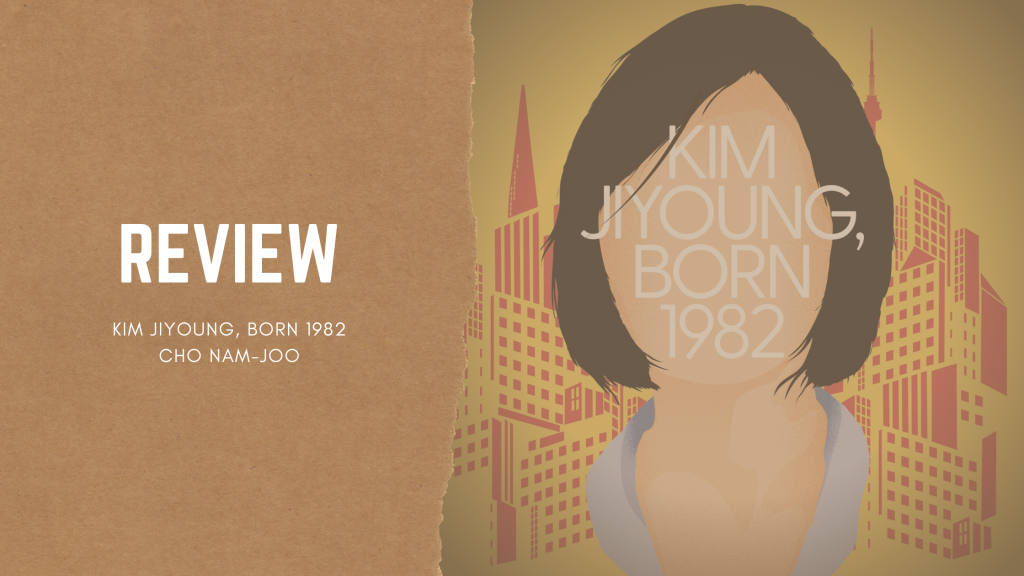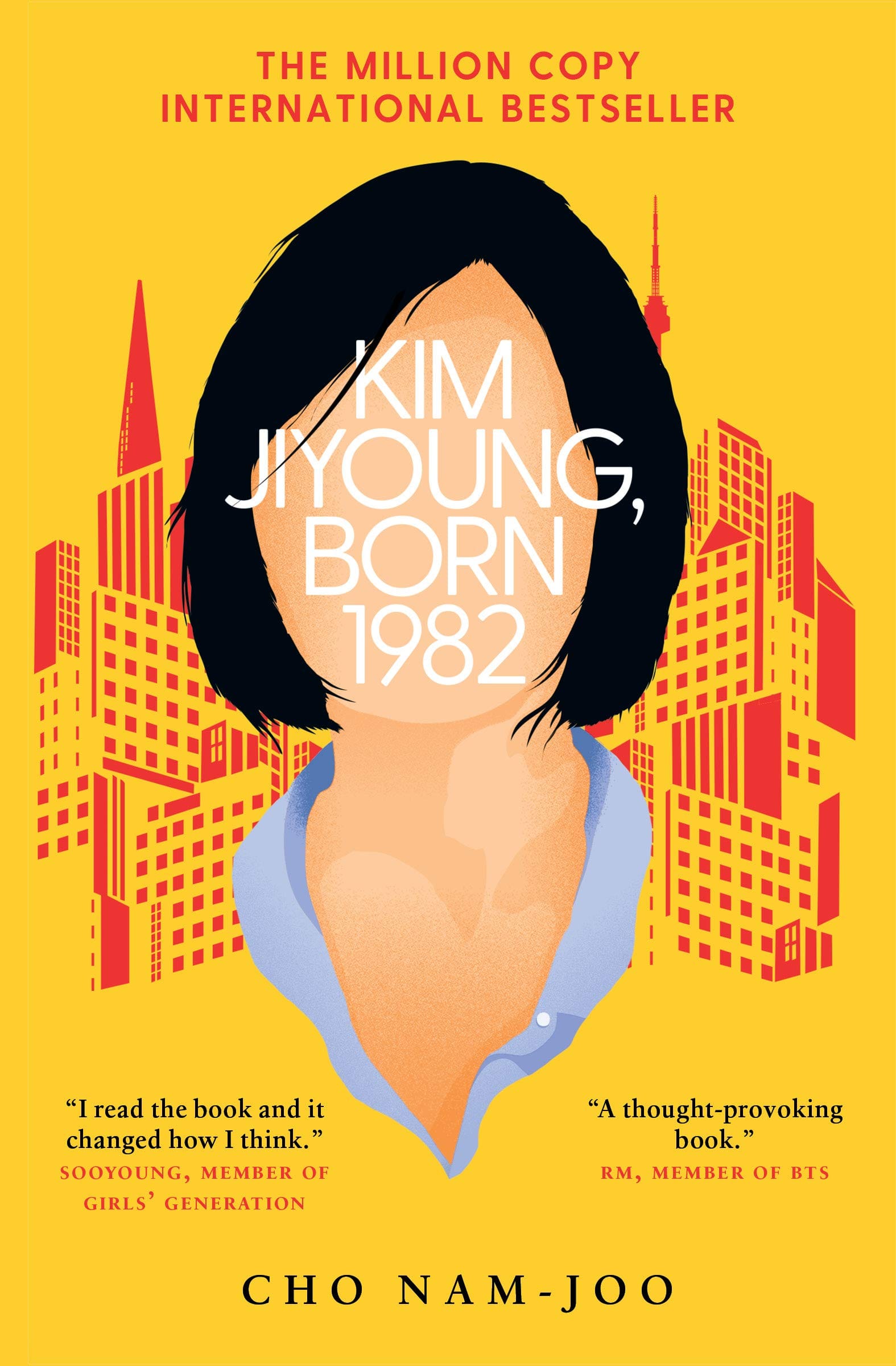Kim Jiyoung, Born 1982 — Cho Nam-Joo | Review

Kim Jiyoung… is a girl born to a mother whose in-laws wanted a boy.
Kim Jiyoung… is a wife who gives up her career and independence for a life of domesticity.
Kim Jiyoung… has started acting strangely.
Kim Jiyoung… is her own woman.
Kim Jiyoung… is every woman.
While offenders were in fear of losing a small part of their privilege, the victims were running the risk of losing everything. — on sexual harassment in the workplace and fighting back.
Kim Jiyoung, Born 1982 starts with a woman — well, what? Going mad, causing a scene? Ruining the holiday, being a bad wife and mother? To listen to her in-laws, her husband and his family, her own family, and her doctor, you’d think that’s what happened. But you’re not with them: you’re with Jiyoung, and she’s going to tell you exactly how she got there.
It’s a winding, meandering path, and by the end you might already have forgotten about the strange incident that introduced all this, but the through-line of the story is piercing and clear. Girls in Korean society are expected to make sacrifices: so their brothers can go to better schools, so their husbands can be successful, so their own children may be boys.
Kim Jiyoung’s own history starts with her mother’s, whose in-laws wanted a boy. It charts her mother’s hopes for her daughters to be free, against all odds. Jiyoung’s mother is a clever woman whose business savvy sees the family through several financial crashes — yet she is not the head of the household. Jiyoung herself is great at her job, but is denied advancement because all the cool projects go to men: even though they are less qualified, they receive key assignments to build them up; while the women are burnt out on lower-level work until they inevitable drop out of the workforce due to childcare. When her husband’s parents start pushing for grandchildren, her husband suggests that they “just have a kid” in the way one would suggest going for ice cream. For him, nothing much will change. For Jiyoung, it’s a decision that will alter the course of her entire life, irrevocably.
My favourite part is that Cho uses real statistics: the characters may be fictional, but the birth rate statistics, the accounts of sexual harassment in the workplace, the institutional bias and toxic work environments, and the prejudice in medical care — are all real. The numbers are right there, in the footnotes. The story ends with Jiyoung’s doctor, and his perspective on her condition is perhaps a final slap in the face. It certainly is a fine irony, all that waffling coming from a man who sees himself as enlightened to women’s struggle in the workplace.
Cho Nam-Joo’s style and voice, beautifully translated by Jamie Chang, is direct but laced with a poet’s wit: the novel is slim at just over 160 pages in the UK edition, and she wastes no time. The Sunday Times calls it ‘a howl of anger,’ and it is; but it’s economical in its rage as it is in its prose. That fine line of irony that will come back to bite you on the nose on the very final pages is present throughout all of it: biting wit that is by no means dulled but practiced by decades of seeing the same scenario playing out over and over again.
From the jacket:
Cho is a former television scriptwriter. In the writing of this book, she drew partly on her own experience as a woman, having quit her job after giving birth. Kim Jiyoung, Born 1982 is her third novel and has had a profound impact on gender inequality and discrimination in Korean society. It has been translated into eighteen languages.
It was also adapted into a movie released in 2019. There’s a new book coming at the end of 2022, called Saha.
Content warnings for this novel include: sexual harassment, toxic workplaces, and medical prejudice.





